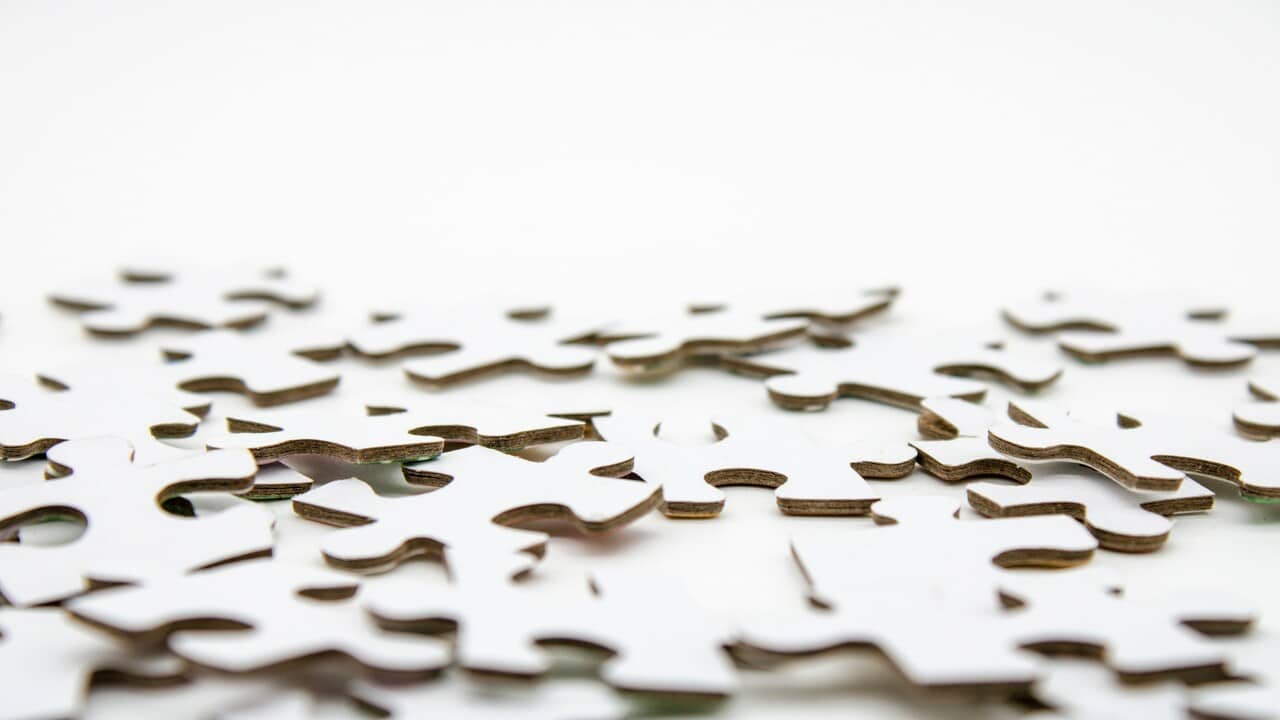
We tend to think of burnout as this big dramatic thing–late nights, constant pressure, a boss breathing down your neck. But honestly? The stuff that exhausts you most often doesn’t show up like an emergency. It’s sneaky. It builds. It hides in plain sight, disguised as “normal” or “not a big deal.” And before you know it, you’re running on fumes wondering why basic things feel heavy.
Here are the real culprits–17 silent energy leaks most people miss. If you’re constantly tired, start here. Fix a few of these and your energy won’t just return–it’ll multiply.
1. Saying “Yes” When You Mean “No”

Every time you agree to something out of guilt, fear, or obligation, a small part of you gets resentful. That internal dissonance eats at you. It’s not just the time you lose–it’s the emotional tax. The micro-fatigue of betraying yourself adds up fast. Learn to sit in the discomfort of saying no. You’ll feel selfish at first. But eventually, you’ll feel free.
2. Passive Scrolling

It doesn’t feel like much. Five minutes here, ten minutes there. But passive scrolling hijacks your attention span, numbs your emotions, and leaves your brain overstimulated but unsatisfied. It’s the junk food of your attention diet–temporarily distracting but nutritionally empty. Replace just 15 minutes of it with stillness, reflection, or movement and you’ll start feeling present again.
3. Half-Finished Tasks

Every time you start something and don’t finish it, it stays open in the background of your mind–like a browser tab constantly refreshing. It creates cognitive clutter. Even something as small as an unreturned text or a package you meant to send can quietly weigh on you. Start closing those loops. Pick one small thing and finish it. Then another. Momentum is energy.
4. Being Around People Who Don’t Really See You

Surface-level relationships might look harmless, but they’re exhausting over time. Pretending to be more agreeable, more upbeat, or more “together” than you really are burns energy fast. You shouldn’t have to armor up around people who claim to care. Find people where you can drop the act. That’s where real restoration begins.
5. Keeping Score

Constantly measuring who gave what, who owes what, and who was “right” or “wrong” turns relationships into mental spreadsheets. And it’s exhausting. Holding grudges or needing to win all the time drains your emotional reserves. Sometimes, choosing peace over power is the smartest energy move you can make.
6. Decision Fatigue Over Tiny Things

What should I wear? What should I eat? Should I reply now or later? These micro-decisions chip away at your brain’s bandwidth. If you start the day already overwhelmed by choices, your energy gets rationed before the real work begins. Create routines for the small stuff so your focus is saved for things that actually matter.
7. Multitasking Everything

Multitasking looks productive, but neurologically, it’s just task-switching at high speed–and that’s draining. Your brain doesn’t actually do two things at once. It toggles back and forth, burning fuel with every switch. Try monotasking for an hour–just one thing, start to finish. You’ll feel calmer and more capable than you have in weeks.
8. Avoiding Hard Conversations

You tell yourself you’re “keeping the peace,” but really you’re bottling tension. That unspoken stuff festers, weighing down every interaction. The longer you avoid the conversation, the heavier it gets. Say what needs to be said–kindly, clearly, and cleanly. Rip the bandage off. That moment of discomfort will save you weeks of emotional drag.
9. Being “On” All the Time

If you’re always performing–always upbeat, productive, helpful, funny–it’s only a matter of time before the mask gets heavy. Authenticity is energizing. Performance is draining. Build space into your life to just exist without being impressive. You don’t need to entertain your friends or inspire your followers 24/7. You’re allowed to just be.
10. Too Much Ambient Noise

Constant background noise–TV always on, nonstop podcasts, music during every task–prevents your nervous system from ever fully settling. Even if it doesn’t seem loud, it keeps your brain slightly alert. Try carving out 20–30 minutes of real silence every day. Your thoughts will slow down, and your nervous system will finally exhale.
11. Trying to Fix People

You mean well. You want to help. But constantly managing someone else’s emotions or life decisions is a full-time emotional job with zero benefits. It’s not your responsibility to carry someone across the finish line. Set boundaries. Support doesn’t mean self-sacrifice. Sometimes the most loving thing you can do is let them figure it out.
12. Neglecting Micro-Rest

You don’t have to wait for a full weekend off to recharge. Small resets matter–deep breaths between meetings, a slow walk, five minutes of eyes-closed stillness. Micro-rest isn’t laziness; it’s maintenance. Build small rituals into your day that restore you. Don’t wait until you crash.
13. Cluttered Spaces

Physical mess creates mental static. Every time you walk into a chaotic space, your brain goes on alert. It’s a subtle stress response. You don’t need to be a minimalist, but having clear surfaces and organized zones brings clarity. Clean one drawer, one corner, one shelf. It’s not about perfection–it’s about peace.
14. Self-Criticism on Loop

The way you talk to yourself matters more than you think. If your inner voice is constantly judgmental or harsh, it quietly drains your confidence and capacity. Start noticing that voice. Interrupt it. Talk to yourself the way you’d talk to someone you love–especially when you mess up. That shift is fuel.
15. Delaying the Inevitable

You know it needs to be done. The call. The email. The appointment. But you keep pushing it off, and it quietly lingers in the back of your brain like a browser tab sucking bandwidth. Avoidance isn’t peace–it’s postponing stress. Handle the thing. The energy you free up afterward is often bigger than the task itself.
16. Drinking to Relax

It might take the edge off short-term, but alcohol messes with your sleep, recovery, and baseline energy in ways you may not even realize. What you think is “winding down” might actually be winding you tighter long-term. Try a few nights off and notice the difference in your clarity and rest. You might find something more sustainable.
17. Unspoken Shame

What you’re hiding is probably heavier than you think. Shame thrives in secrecy–it multiplies when kept in the dark. Whether it’s something you did, something done to you, or just something you feel broken over, keeping it inside takes constant effort. Talk to someone safe. Shine light on it. You’ll feel ten pounds lighter.






Ask Me Anything